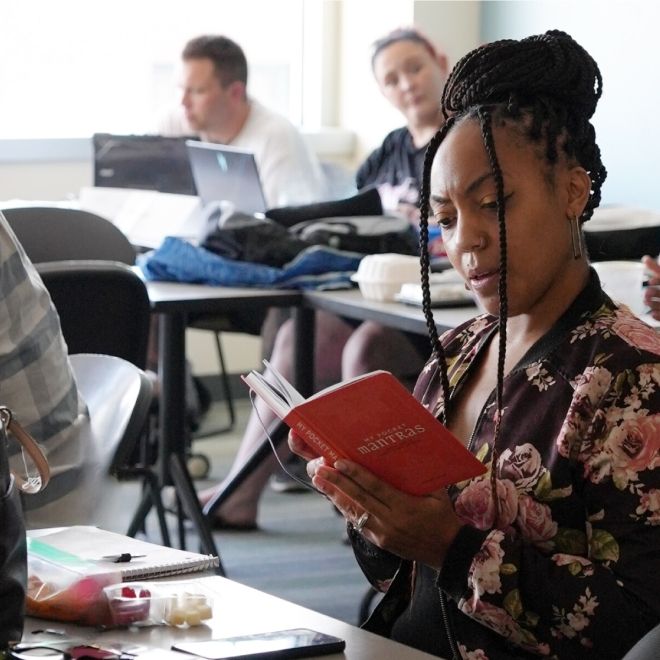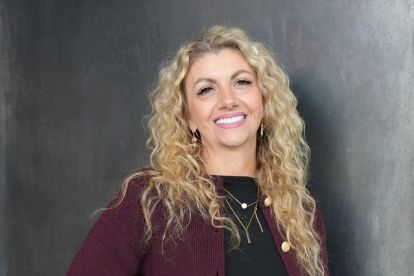Earn Your BAS in Behavioral Healthcare
There is a growing need for mental health and substance abuse treatment services. Our Bachelor of Applied Science in Behavioral Healthcare (BASBH) prepares students with the knowledge and skills to support a diverse client base in a variety of human services careers after graduation.
Our fully accredited BAS in Behavioral Healthcare program follows a cohort model that empowers you to pursue a meaningful career providing compassionate, community-based care to those in need support.
MORE INFO
Complete a short form and our SSH Outreach Coordinator will follow up with you right away.
Contact
About our Program
Upon successful completion of this program, students will be able to:
- Analyze behavioral health concepts such as current trends, theories, approaches, and best practices
- Recognize institutional and social barriers that impede access, equity, and success for individuals and families within behavioral health systems
- Effectively analyze, evaluate, and conduct behavioral health research
- Identify the structures, functions, and organizations which comprise the local healthcare system, with a particular focus on behavioral healthcare organizations
- Demonstrate the ability to adhere to professional, ethical standards, including confidentiality and sensitivity when working with diverse populations within the behavioral health field
- Demonstrate clear, concise, and effective written, electronic, and verbal communication skills with clients, families, and interdisciplinary team members to enhance person-centered care and health outcomes
- Complete both brief screenings and biopsychosocial assessments to include co-occurring disorders and develop and monitor client-centered treatment plans in the context of family community, and cultural identities
APPLICATION IS NOW OPEN

APPLICATION IS NOW OPEN
Our program is now accepting applications for the Fall 2026 Cohort.
Applicants are encouraged to apply early, and no later than March 31, for the best chance of admission. Applicants who apply after April 1 may be placed on a waitlist if the program is full.
apply today
Compassionate Care Starts Here
Compassionate Care Starts Here
Launch a fulfilling career in Behavioral Healthcare as a social worker, substance abuse counselor or one of many other career opportunities. Watch this short video to find out more.
What is an Applied Bachelor's Degree?
Applied bachelor’s degrees fill skills gaps in practical, market-driven fields where job requirements have advanced beyond the associate degree level. They add junior and senior levels to two-year professional technical education. Students build upon their already valuable two-year degrees to land higher-paying jobs and promotions, while employers get rounded skill sets they seek in bachelor’s degrees.
Academic Program
BAS Behavioral Health Sample Courses
BAS Behavioral Health Sample Courses
- BASBH 320: Social & Cultural Diversity in Behavioral Health
- BASBH 430: Trauma-Informed Care
- BASBH 420: Treatment of Mental Health Disorders
- BASBH 455: Behavioral Healthcare in Primary Care
- BASBH 450: Advanced Counseling Techniques



